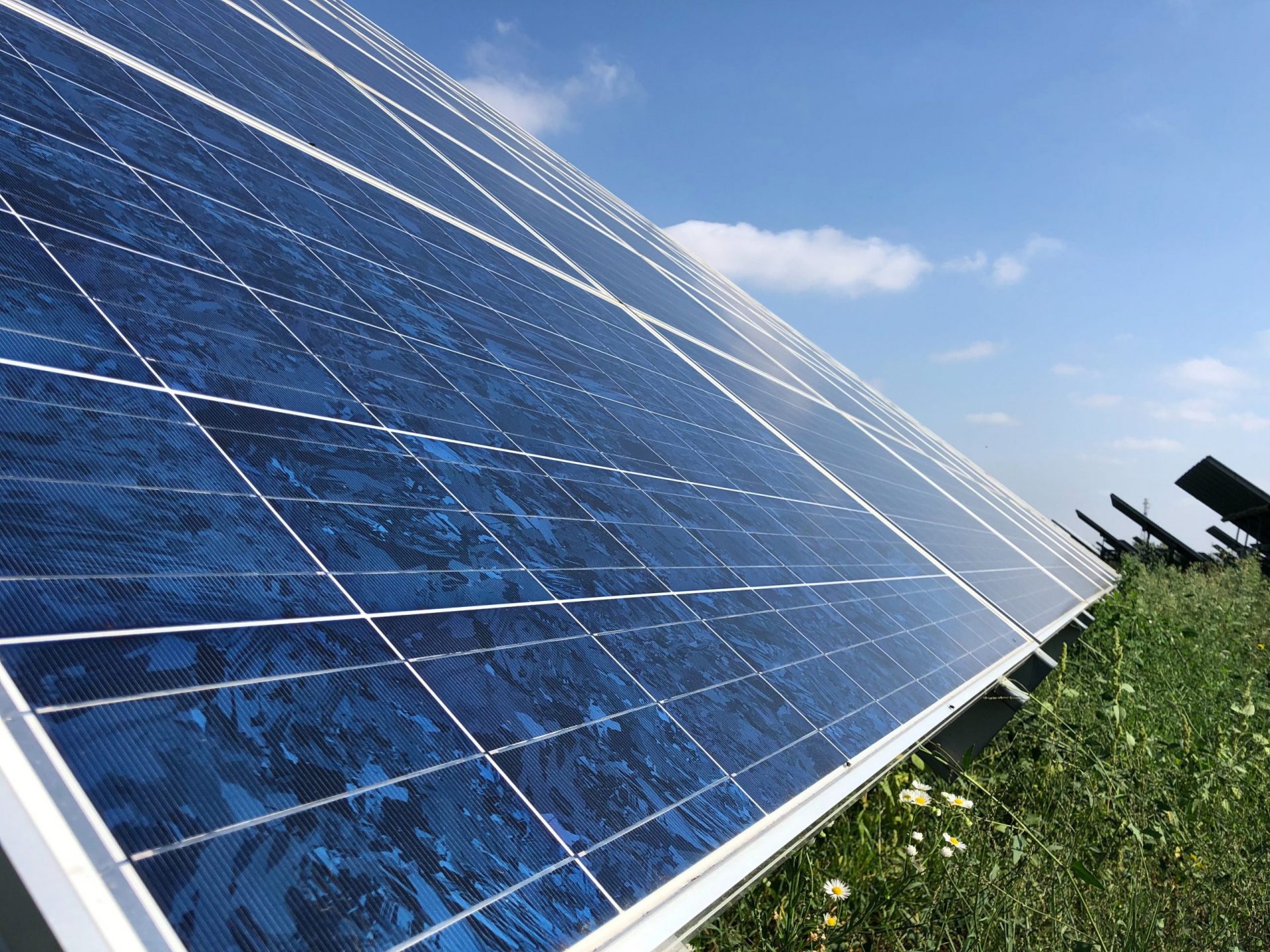FOR IMMEDIATE RELEASE
September 24, 2020
Washington, D.C. – Today, Congresswoman Nanette Diaz Barragán released the following statement on her vote in support of the Clean Economy Jobs and Innovation Act:
“The Clean Economy Jobs and Innovation Act makes critical investments in:
o deploying electric vehicles,
o reducing air pollution from our ports,
o community solar generation,
o zero-emissions school buses,
o energy efficiency, and
o record investments in climate environmental justice programs.
“The Act also has crucial regulations for reducing climate-warming hydrofluorocarbon (HFC) pollution. If adopted, this could prevent a half degree Celsius of warming by mid-century.
“The Clean Economy Jobs and Innovation Act will make a difference in slowing climate change and reducing the harm climate change and air pollution are causing frontline environmental justice communities.
“While this is a flawed bill that provides far more support for fossil fuels research than it should, I think the benefits are worthy of my support.
“The research and development provisions for Carbon Capture and Storage for coal and gas plants in the power sector are, at best, a waste of taxpayer dollars. At worst, they could be used to extend the lifetime of polluting fossil fuel power plants in communities.
“Future climate legislation must focus on proven solutions to the climate crisis, and avoid a two-steps-forward-one-step-back approach.
“To improve the original bill, I joined my colleagues in introducing and supporting several amendments that improved the strongest parts.
“Our amendments added:
o more than $16 billion for additional clean-energy deployment and environmental justice programs,
o increased renewable-energy research and development funding by 50 percent,
o ensured the jobs created from this bill’s programs will be union jobs, and
o providing support for just transition programs to help displaced workers in the fossil fuel industry.
“As Congress works toward comprehensive climate legislation next year, it’s these kinds of investments – combined with an aggressive transition off fossil fuels – that must make up the backbone of our approach.
“It is the only way for our nation to meaningfully address the climate crisis”
Below is information on the five amendments Congresswoman Barragan successfully got included on H.R. 4447, the Clean Economy Jobs and Innovation Act.
- Climate Smart Ports: cosponsored by Reps. Raskin, Beyer, Lee, Velázquez, Bonamici, Huffman, Lowenthal, Clarke, Khanna, Hastings, and Kennedy
The Climate Smart Ports Act would create the first federal program dedicated to greening our nation’s ports. The legislation creates a $1 billion a year zero emissions ports infrastructure program to assist ports and port users with reducing air pollution through purchasing zero emission trucks, cargo equipment, building clean energy microgrids, and more.
Nearly 40% of Americans live within 3 miles of a port. Many port communities are low income communities and communities of color that have to deal with high emitting diesel trucks, ships, trains, and cargo handling equipment. These high traffic areas are often referred to as “Diesel Death Zones”. Environmental justice issues are prevalent, and this bill can serve as a significant downpayment on reducing these disparities.
The amendment increases the annual authorized funding level from $10 million to $50 million, each fiscal year through FY 2030.
Funds grants of up to $30,000 for community-based organizations to help them understand and address exposure to environmental risks.
Since its inception in 1994, the EJ Small Grants Program has provided over $28 million in funding to over 1400 community organizations. With a new authorized annual funding level of $50 million a year, EPA will be able to fund thousands of more projects in environmental justice communities.
Creates a transformative $1 billion a year Climate Justice Grants Program at EPA to compliment the environmental justice grants authorized in HR 4447.
The climate crisis is an urgent problem. We need to make sure that we’re prioritizing climate solutions for low income communities and communities of color who are hit first and worst for extreme weather, such as hurricanes, heat waves, wildfires, and floods.
The Climate Justice Grants Program provides climate justice grants of up to $2 million to local governments and community-based organizations to implement the following in environmental justice communities: clean energy and energy efficiency projects, solar microgrids, electric vehicle rebates, building electrification to eliminate their dependence on natural gas, and climate adaptation solutions to help communities withstand the impacts of climate change
This amendment adds additional authorized funding of $100 million a year, each year for 5 years to the Weatherization Assistance Program.
This program provides support for energy efficiency improvements in low-income households so they can lower their energy bills by using less energy, and also reduce dependency on fossil fuel energy sources.
- Low-Income Solar Energy Grant Program (cosponsored by Reps. Cardenas and McEachin)
This amendment adds an additional authorization of $50 million a year, each year for 5 years to the Low-income Solar Grant Program proposed by Rep. Cardenas.
This proposed program would provide grants and low-interest loans for the development of community-solar projects in underserved areas, or that benefit low-income subscribers.
Community solar is where a solar facility isn’t built directly on someone’s home, but instead on a building in the community such as a school or church. Customers can then subscribe to the system by committing to purchasing some of the power it produces, or even buying a small share of the system.
Community solar can reduce electric bills, provide access to solar for residents who don’t own a home, and create local jobs.
###
Nanette Diaz Barragán is proud to represent California’s 44th Congressional District, which includes the communities of Carson, Compton, Florence-Firestone, Lynwood, North Long Beach, Rancho Dominguez, San Pedro, South Gate, Walnut Park, Watts, Willowbrook and Wilmington

